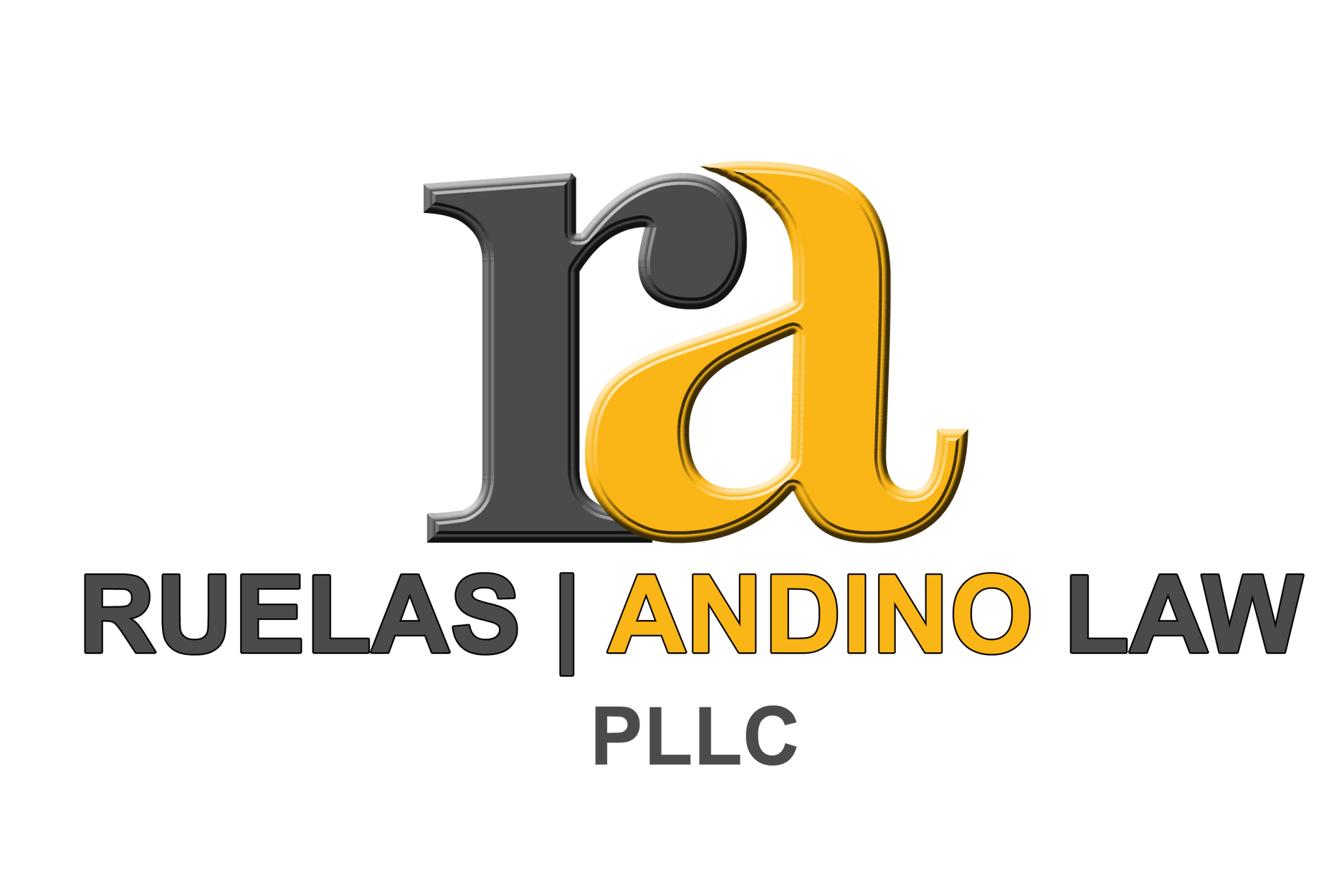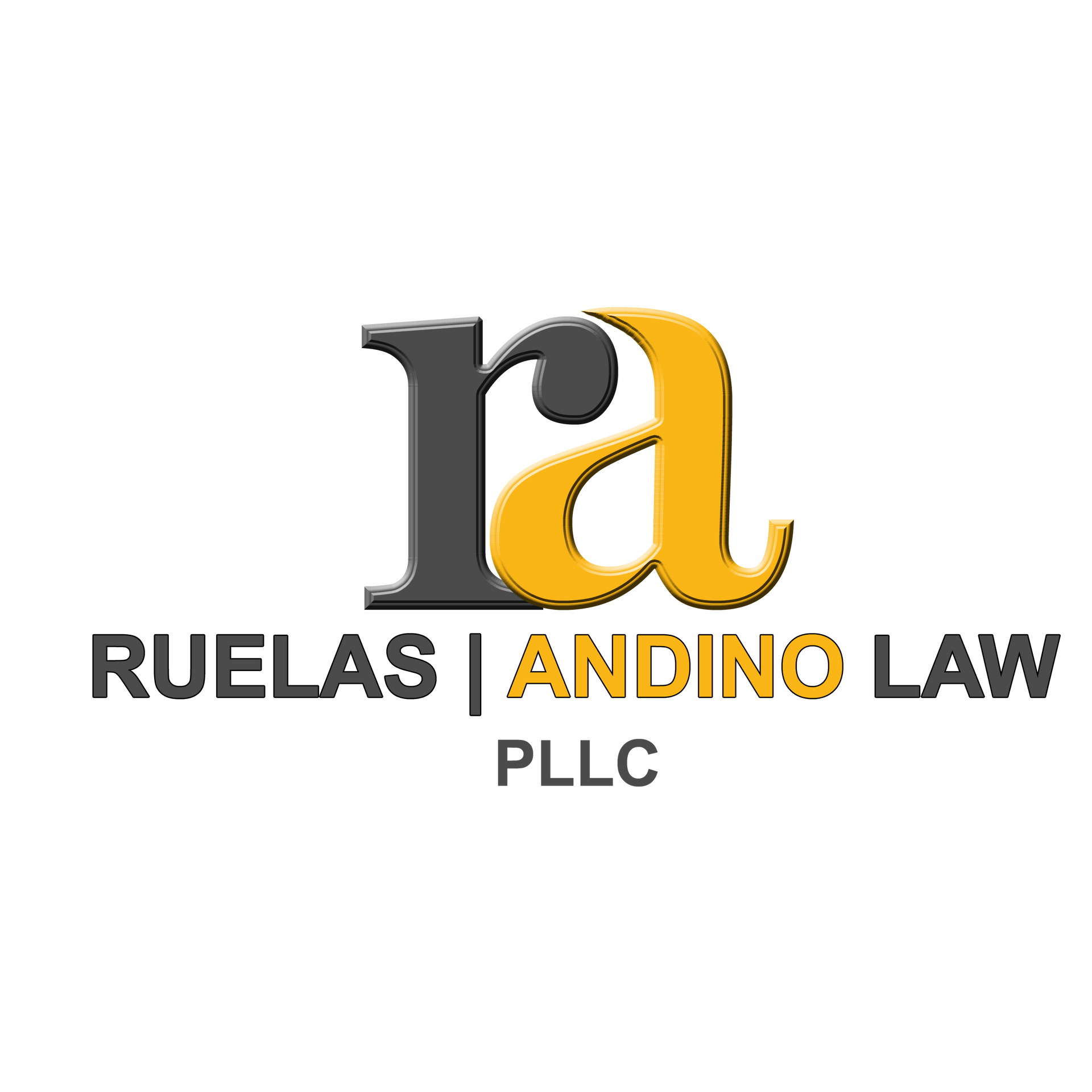Since receiving her license in 2017, Jennifer has been serving clients in Parker County and surrounding counties in the areas of Estate Planning, Probate, Guardianship, Business Entity Formation/Asset Protection, and Real Estate Law. She is passionate about risk mitigation and justice and strives to serve each of her clients with integrity and dedication to achieving her client's goals.
Why Do You Need a Guardianship Lawyer?
Guardianship is a temporary and/or permanent legal relationship that allows an adult to care for a child or an incapacitated adult. This step becomes necessary when a child’s parents cannot care for their needs or an adult can't handle their affairs. However, before a person chooses to seek guardianship of a child or incapacitated adult, they need to understand what doing so entails.
Why might a guardian be needed? When should this step be taken? The following guide will address these questions and more.
Why Might a Guardian Be Needed?
A guardian might take on one of two roles. They will either oversee the day-to-day care of another individual, or they could handle a person’s estate. The individual needing this help becomes a ward of the guardian. When would this type of arrangement be needed?
The Death or Incapacity of the Parents
When a child’s parents die or become incapacitated, the child still needs someone to provide for their daily needs. A guardian takes on this responsibility. The same holds true if a parent of an incapacitated adult who is also that adult’s guardian passes or becomes incapacitated themselves. Someone must take on the job of caring for this person’s basic needs and/or their finances.
In the instance of a child whose parent passes or becomes incapacitated, this step only becomes necessary when both parents pass or they both are incapacitated. If one parent passes or becomes incapacitated, the other parent remains the natural guardian. The court is not involved in this type of situation.
Additionally, parents can designate in a formal document who they would like to serve as the guardian for their child in the event they pass or become incapacitated. If the parents die or become incapacitated without naming a guardian, the court decides who will take on this role. Families often fight over who will get the child, which adds to the child’s stress of dealing with the incapacity or loss of their parents. For this reason, every parent should work with a local guardianship attorney to execute a formal document designating who should become guardian in the event either of these situations occurs. Doing so can prevent arguments over what should happen to the child if neither parent can care for them.
Mental Incompetence
Most guardians take on the guardianship role to handle the financial and medical affairs of an individual who has been determined to be mentally incompetent or incapacitated. The guardianship can become necessary when the incapacitated or incompetent person lacks a statutory power of attorney and/or medical power of attorney.
A person cannot simply request a court appoint them as guardian of another individual for any reason. They must show proof that this person cannot handle their affairs. Often, this proof comes in the form of medical documentation.
Furthermore, the court will appoint an attorney ad litem to represent the individual in a guardianship proceeding and may appoint a guardian ad litem to determine whether the individual cannot handle these tasks on their own and that a guardian is necessary. If a guardianship is created, it continues until the incapacitated or incompetent individual passes or the guardianship is no longer needed, as determined by the court in a later proceeding.
Diminished Capacity
Certain individuals can manage some of their affairs but not all. In situations such as this, a limited guardianship might be put into place. The court determines which areas the individual needs help with and which they can manage on their own, using information from a doctor, individuals close to the individual, and a guardian ad litem if appointed, to make this determination. When establishing guardianship, the court outlines what the ward will handle and what duties the guardian will take on.
This step is often taken when a person reaches adulthood but needs additional assistance in certain areas of life. However, other avenues should be explored before moving forward with petitioning the court. While this individual might not be capable of creating a medical or statutory power of attorney, they should be allowed to handle their affairs without interference wherever possible. Those looking to seek guardianship need to explore all options before moving forward with a legal petition.
Becoming the Guardian of a Child
A person cannot simply petition the court and ask to become the guardian of a child. Several steps make up the process of obtaining guardianship, particularly when the parents of the child are alive and well, but may lack the capacity to care for the child. Furthermore, any person wishing to take on this role must show that they are suitable for doing so. A person seeking guardianship of a child should contact an attorney to ensure they complete the process accurately to avoid any unnecessary delay in the child’s care.
Becoming the Guardian of an Incapacitated Person or Adult
Becoming the guardian of an adult requires more steps to be completed. Individuals seeking to do so should contact an attorney to assist them with the process. This step often becomes necessary when a person can no longer make their own medical decisions or is unable to function on an adult level. The attorney walks the person seeking guardianship through the process of filing the paperwork and providing proof of why a guardian is needed and will represent the person in the guardianship proceeding.
Providing the proof required to obtain a guardianship typically involves ensuring the individual qualifies as an incapacitated person under current state law. When they do, the court is more inclined to appoint a guardian. According to Texas state law, an incapacitated person is an individual who cannot provide for their basic needs, such as food or shelter. However, it also defines an incapacitated person as one who cannot manage their finances or care for their health. If an individual qualifies as an incapacitated person using this definition, a doctor must examine them and determine the extent and nature of this incapacity. Following this examination, the doctor will recommend whether a guardian is needed.
Once it has been determined a guardian is needed, the process moves forward. A person capable of taking on these duties must be selected. Furthermore, they must be willing to take on the care of another person, and the state will have eligibility requirements they must meet. Texas typically prefers for a family member to serve in this role.
However, the court might appoint a qualified third party, known as a private professional guardian, to take on this role. When the guardian has been named, they take on the job of making legal and welfare decisions for the incapacitated individual.
Choosing a Guardian
Parents of minor children or adults who wish to name a guardian to oversee their affairs if they become incapacitated need to choose a guardian carefully. Experts recommend choosing more than one individual to take on this role. Consider naming a primary guardian and contingency guardian if the primary guardian cannot fulfill the role.
However, never name someone as a guardian without receiving permission to do so. They may not feel comfortable taking on this responsibility. Doing so is difficult. Not only must they fulfill the physical needs of the person for whom they are guardian over, but they must also provide for them emotionally. Doing so can be challenging, particularly if they must take on this role following the loss of one or both of a child’s parents.
Furthermore, people should review and update the designation of guardian paperwork regularly. As a person’s circumstances change, they may find they cannot take on these duties. Reviewing and updating the paperwork allows the parents or individuals who may become incapacitated in the future to have more say over what happens when this day comes.
Registering the Guardianship
Every person serving as a guardian in Texas must register with the state’s Judicial Branch Certification Commission (JBCC). There is no cost for doing so, and the state offers one-time guardianship training. Texas law also requires you complete a criminal background check, also done through the JBCC. Guardianship registration through the JBCC does not need to be updated regularly. An attorney can help with the registration process to ensure you complete all paperwork correctly and the process moves forward promptly.
When Does the Guardianship End?
People might believe guardianship lasts until the child becomes an adult or the incapacitated adult can care for themselves again. The guardianship order often outlines when this relationship ends. For example, the order might provide a specific timeframe for the arrangement. It might also state the arrangement will end when a specific event occurs.
Events that might lead to the end of the arrangement include the death of either the guardian or their ward or the ward regains capacity. When a child reaches the legal age of maturity, the guardianship typically ends, and the same may hold true when all assets have been depleted. However, one or more parties might take the matter to court to terminate the arrangement. A judge will often do so if they determine the arrangement is no longer needed or no longer serves the ward’s best interests.
Is a Guardian Ad Litem the Same as a Guardian?
Many people confuse the terms guardian and guardian ad litem. While both individuals act as legal representatives for an individual, they take on different roles in the court system. A guardian takes on the duties outlined above. A guardian ad litem, in contrast, is a professional who investigates the need for a guardianship and provides his or her opinion to the court as to whether a guardianship is in the individual’s best interest. A guardian ad litem only does so for a specific legal matter. They do not handle the day-to-day care for the ward. That task falls to the guardian.
Obtaining guardianship over another individual, whether this individual is a minor child or an incapacitated adult, is not a step one should take lightly. If you are considering a petition to become a guardian, meet with an attorney. They will help you assess the benefits and drawbacks of doing so. After taking this step, if you wish to continue with the process, they guide you through doing so. This process is one you should never do on your own. Too much is at risk for you to do so.
Disclaimer:
Ruelas Andino Law, PLLC makes no claims as to the accuracy of the information contained within the external links in this blog article nor does it endorse any of the businesses contained in the links. Information contained in this blog is for informational purposes only and may not be construed as legal advice.



